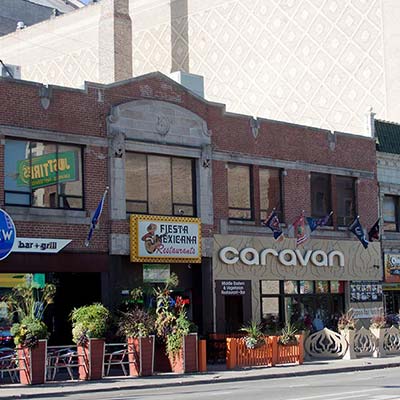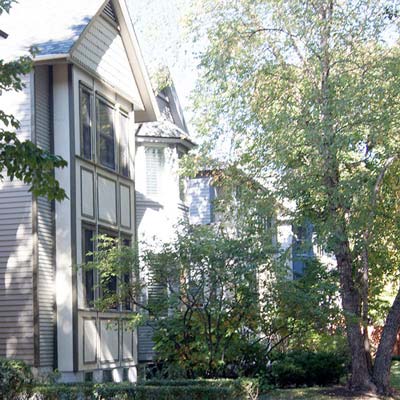Welcome to Sheridan Park
While
some might consider Sheridan Park as simply a subdivision of Uptown, the
people who live and play here would beg to differ. Its upscale residential
vibe, assortment of restaurants and close proximity to Lake Michigan make the
Sheridan Park neighborhood worth mentioning on its own. Sun-lovers storm the
Sheridan Park beaches in summer, armed with sand toys, sunscreen, coolers and
Frisbees. An off-leash dog park is a favorite among pooch owners, and fishing
enthusiasts enjoy the free equipment service provided by the Chicago Park
District. Heading inland from the active shoreline setting, Sheridan Park is
bustling with business as folks dine at outdoor patios and flood into the
theaters for play productions and live music concerts. A couple of neighborhood
taverns complete the warm, spirited atmosphere in this friendly north side
Chicago community.
-
Looking to Buy? Search Sheridan Park listings
-
Interested in Selling? Request a Listing Presentation
-
Want More Information? Sign up for our Trends Report
For Sale in Sheridan Park

Want more detailed information on Sheridan Park?
Get a Trends Report delivered to your inbox monthly
Send Me Sheridan Park Trends





